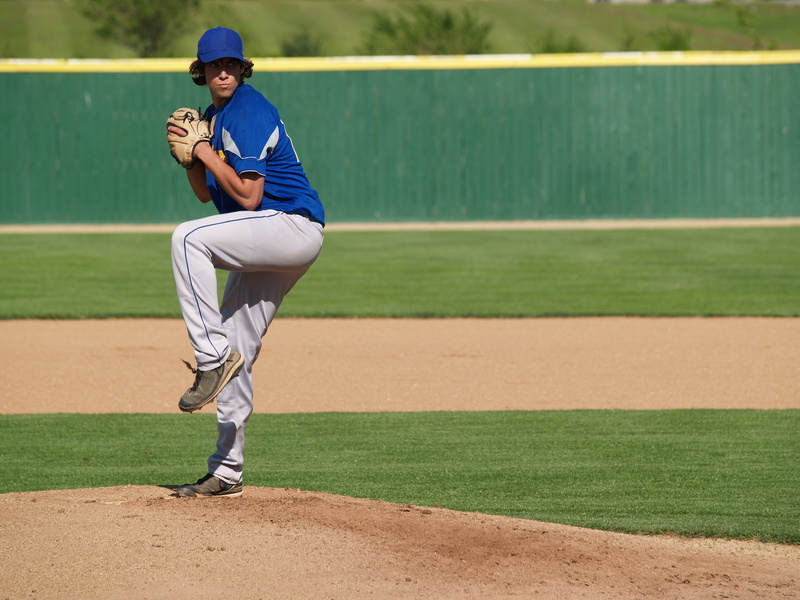Pitch counts. Real or fake?
After coaching at multiple levels for a number of years and continuing to work with young players through a baseball academy I am amazed at the number of times I am asked about the validity of pitch counts. First let me say as a coach, I feel it is a top priority to protect players, especially young developing pitchers. The evidence supports the importance of pitch counts no matter the level or ability. I was so encouraged to see the WIAA has instituted pitch counts vs. innings pitched limits, finally. With that said there are many factors to consider along with monitoring pitch counts:
- Does your child play on multiple teams throughout a season?
- How often do they pitch in a given week?
- Are they a starter, reliever, or closer?
- How intense is the competition game in and out?
- Do they play a secondary position where they have to make a high number of throws? (The pitcher/catcher combination for any young player should be looked at and avoided)
Simply said volume, load, and stress all come into play with every pitch throughout the game.
Does your coach understand the concept of fatigue point?
The fatigue point of any pitcher can be significantly higher or lower than the pitch count itself. Signs of fatigue point are loss of control, loss of velocity, and changes in delivery. Every pitch beyond the fatigue point/muscle failure is like pitching three. So, if a pitcher throws an actual 15 pitches towards his count the accumulated effect is 45.
Did you know that every pitch beyond 100 should be cubed? So, if your child threw 102 pitches in a game you calculate the 2 extra pitches like so: 102=2 pitches over 100. So, 2x2x2=8. The pitchers with the highest pitched cubed totals are more likely so have chronic arm issues and/or surgery the following season. Pitcher abuse points are a huge indicator for future injury.
Obviously, I am a fan of pitch counts, but as a coach or parent it isn’t that simple. These are just a few factors to consider to keep players healthy throughout a season. I will be sharing other thoughts in the future. My hope is that you will find the information valuable and helpful for a healthy productive season.
If you are a parent or coach with questions about player injury, fatigue point, pitch counts, player rehab or other baseball related questions feel free to contact one of Freedom’s pitching specialists in Grafton or Brookfield or make an appointment.

